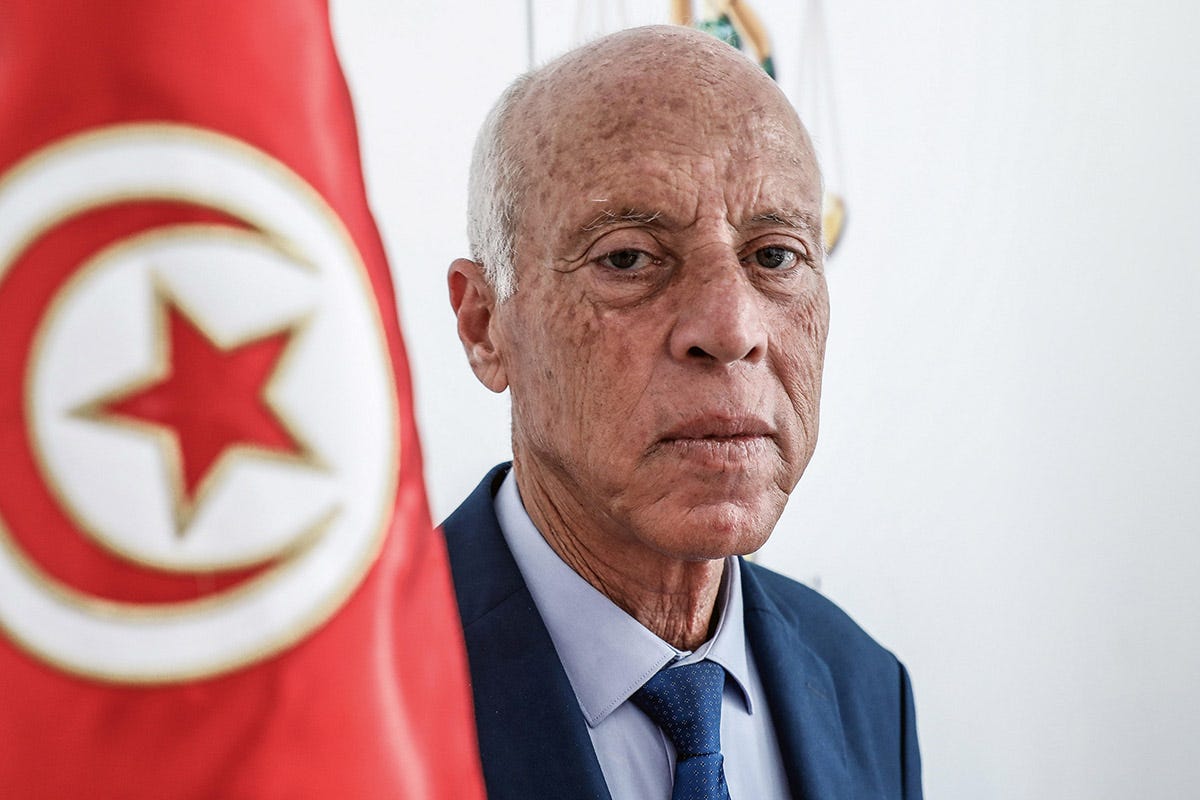
Tunisian President Kaïs Saïed has pledged to address the grievances of unemployed doctoral graduates staging a sit-in, as mounting frustration over joblessness exposes deepening social tensions in the country.
On Thursday, Mr Saïed visited the Ministry of Higher Education and Scientific Research in Tunis, where he met with dozens of PhD holders who have been protesting for several weeks.
Their demonstration has become a stark symbol of Tunisia’s wider employment crisis, which has left many of the nation’s most highly qualified graduates without opportunities.
During the discussions, the president described the integration of doctoral graduates into the civil service as a “national priority.” He assured protesters that recruitment would be based on competence and merit, with salaries aligned to their academic qualifications.
“We are making every effort to establish fair recruitment,” Mr Saïed said, while stressing that any hiring must comply with the law and form part of broader structural reforms in the sector.
The protesters, while welcoming the president’s visit as a recognition of their struggle, reiterated their determination to secure employment. Many argue that their prolonged joblessness reflects systemic failings: chronic underfunding of higher education, limited research opportunities, and the state’s inability to absorb skilled graduates.
Tunisia’s economy has been under significant strain, grappling with high debt levels, rising inflation and a growing exodus of qualified professionals seeking opportunities abroad. The plight of unemployed doctors has now become a potent emblem of these structural challenges, fuelling unrest and underscoring the urgent need for reforms to restore public confidence and economic stability.



